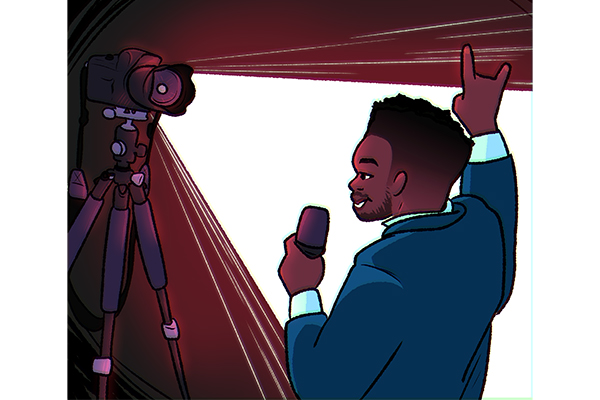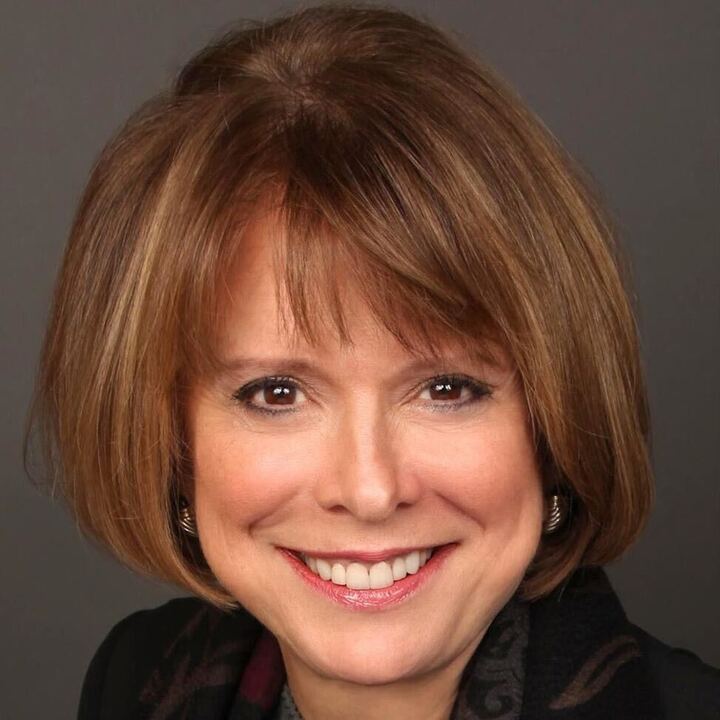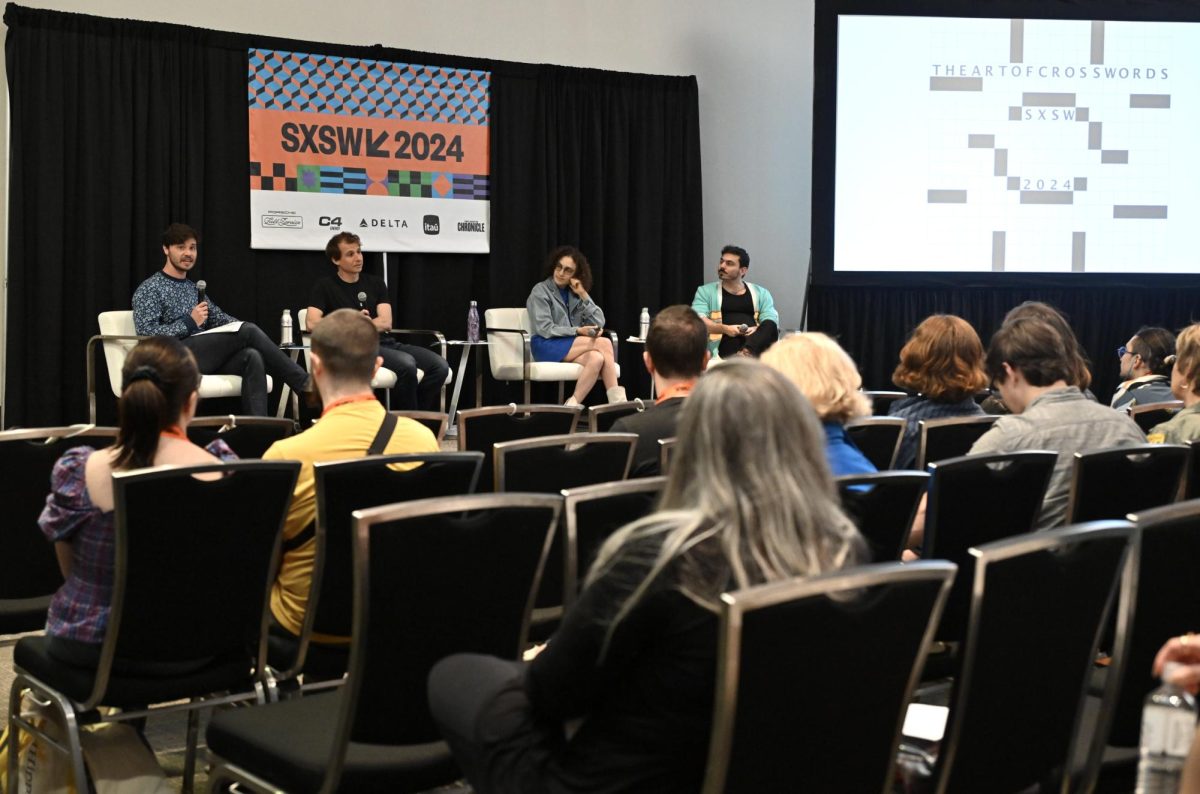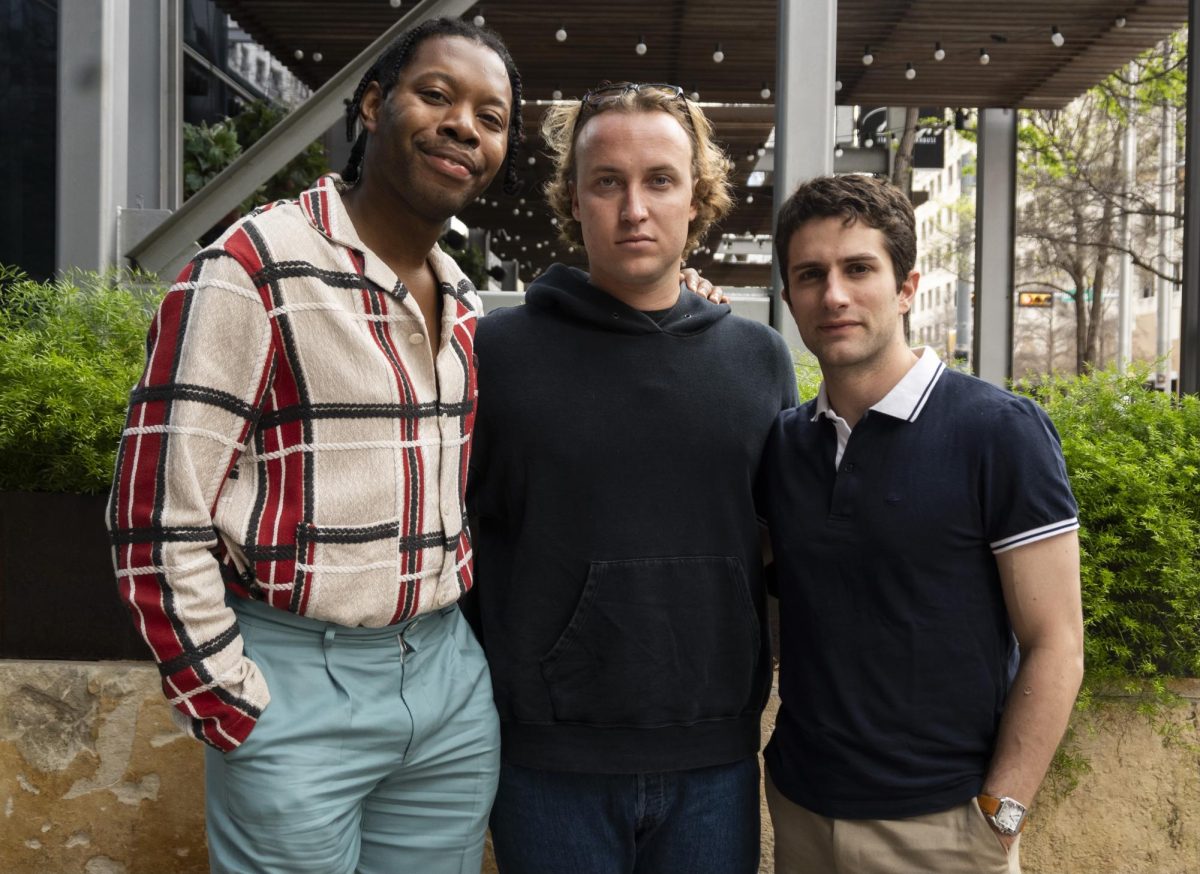With long-term racial and economic disparities brought to light throughout 2020, three creatives and leaders in innovation discussed ever-increasing digital disparities among marginalized communities at a South by Southwest 2021 online panel Tuesday.
Panel moderator Jessica Anderson, the Dell Technologies director of strategic giving, began the “Progress Starts With Us: Access and Inclusion for All” panel by addressing a call for systemic change in 2020.
Joining Anderson was UT alum Emmanuel Acho, The New York Times bestselling author of “Uncomfortable Conversations with a Black Man,” Talia Milgrom-Elcott, the founder and executive director of 100Kin10, an organized network supporting STEM educators, and Comcast senior director Trinity Thorpe-Lubneuski.
“We have to address the digital and educational divide between Black and brown people and white people in our society,” Acho said. “It’s the only way to get to the root of these issues.”
Milgrom-Elcott said in 2020, 200,000 children between the ages of 7 and 8 years old dropped out of school because of lack of technology. Milgrom-Elcott said a disparity in resources is causing some children in America to fall behind their peers.
Acho grew up in Dallas, Texas, and attended St. Mark’s School of Texas, a private school where he said he felt immersed in “white culture.” He said he thought everyone in all communities had the same opportunities as him until he attended UT-Austin to play football.
“I (saw) Black and brown individuals from the hood, Black and brown individuals from the country, and I realized, wait a second, on average, your experience was way different than my white counterparts,” Acho said. “This comes back down to lack of resources … in Black and brown communities, whether it be textbooks, education and now technology.”
Acho said in the digital age, it’s important to teach communities digital literacy, not just provide devices.
“You can’t become something or believe something unless you see it,” Acho said. “We have to let our young learners see the digital tech being used at its highest level by people who look like them.”
Acho also expresses a need to reform education amongst policy makers.
“Policy makers don’t know who they’re making policies for because they’ve never experienced these disparities or it’s doubtful they remember (them),” Acho said. “There are great intentions but poor actions (because of this lack of knowledge).”
Acho said the first step to reform is knowing a problem exists — a problem of disparity among different communities. Understanding the lack of resources and education in nonwhite communities can help it establish changes in the digital age.
“We can only fix a problem once we acknowledge it,” Acho said. “(It’s important to) make sure you understand who you’re making your policy for. Make sure you understand there is a digital divide, so we can move forward in a maximum capacity and benefit as a society.”





















